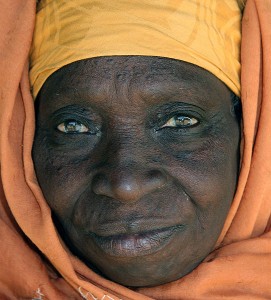The next main meeting of the Middle Way Network will be on Sun 25th October 2020 at 7pm UK time on Zoom. This is the last of a series of three talks and discussions focusing on the nature of Middle Way practice: that is, how we can create the conditions for better judgement overcoming conflict in the long-term. We will be looking in turn at the integration of desire, meaning and belief as interdependent aspects of practice, linked to a potentially wide range of specific practices including meditation, the arts, and critical thinking.
There’ll be a short talk on practice as integration of belief, followed by questions, then discussion in regionalised breakout groups. Some other regionalised groups will meet at other times. If you’re interested in joining us but are not already part of the Network, please see the general Network page to sign up. To catch up on the previous session, on integration of meaning, please see this post.
Integration of Belief
Integration of belief is the most important and most lasting form of integration, and the basis of wisdom and compassion. To develop these qualities we need to be able to avoid absolute beliefs but engage with provisional ones. We need to sift absolute beliefs from provisional ones in areas such as religion and politics, but there are also many other everyday ways of practising integration of belief in relation to cognitive biases. A range of practices can help us to develop integration of belief, but especially those that cultivate wider awareness of our beliefs specifically – such as individual reflection, or study and discussion in which critical thinking is applied.

Other resources
There is already an introductory video (21 mins) on integration of belief as part of Middle Way Philosophy, which is embedded below. You might like to watch this for an initial orientation before the session. This is relatively long and detailed in comparison to some of the other introductory videos we have used. A somewhat different approach will be taken in the session.
Here is the video from the actual Network talk:
Some suggested reflection questions:
1. Think of an example of an absolute belief that you have found difficult to integrate (it has caused conflict for you).
2. How can you apply the five principles of Middle Way Philosophy to this belief and its opposite (scepticism, agnosticism, provisionality, incrementality, integration)?
3. When you have avoided absolute beliefs in this example, what are the associated provisional beliefs and meaning, and how might they be used to develop a more integrated belief?
Suggested further reading
Migglism section 4 (5 in the e-book): ‘Critical Thinking’
Middle Way Philosophy 4: The Integration of Belief (especially section 2). See this page for a summary of the sections, and Researchgate for the full text on pdf as part of the Omnibus. From the end of this book you may also find the glossary of biases, fallacies and metaphysical beliefs useful.
Other video resources
The ‘mistakes we make in thinking’ video series goes into 6 key areas of bias where we might develop absolute beliefs, and how we could respond to them.
